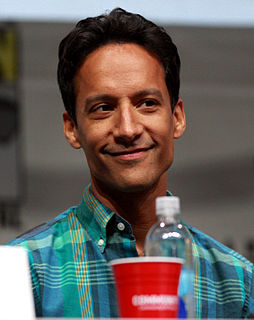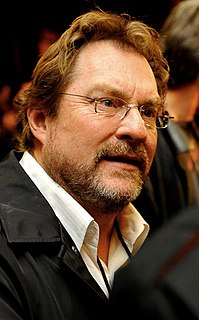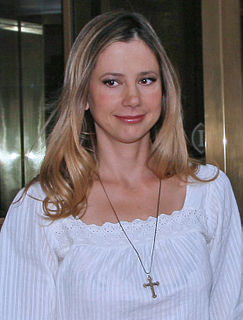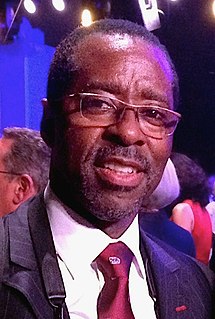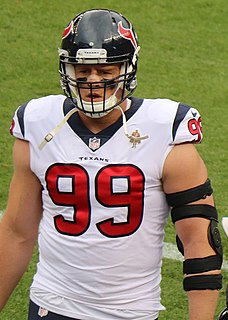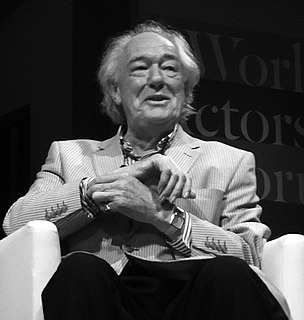A Quote by Christopher Lloyd
I find it difficult to work if I don't know the lines, you know, and not just knowing - they're second nature to me. Then, whatever happens in the performance when you're actually doing it, you're not going to go off. You're going to retain all of that. So I like to have my lines.
Related Quotes
The only thing I know that makes me feel comfortable is to know as much as I can. Not like what the shots are going to be, but knowing enough about my character that I can forget those things. And more specifically, my lines. I have to know my lines. I have to know something really well, so I can forget it when we're doing it. And there is comfort in knowing, "Okay, there's not another stone that I could have overturned."
Usually, you get a script and you have the whole story. All the acts are there, for a play. You know what happens in the first, second and third acts, and you know how it starts, where you go and where it finishes. [With American Horror Story: Asylum], it's a whole new experience. I don't know where it's going, and I don't know what's going to happen next. It's been an interesting way to work. It's made me work in a much more fluid, braver way, just taking every chance that comes along.
Improvisation, the main thing is it teaches you to be in the moment and present in the moment and be reactive and proactive for what's going on. Someone gives you something - a lot of actors are a little shut off, so they're just doing, "This is my character, these are my lines, I'm going to just send it to you then you send whatever you're sending." Improvisation teaches you to really be listening.
What I like about music is the songs you can remember the lines of in a single second. The Beatles, The Rolling Stones... You can remember every line to their songs. But today, how often do you remember any of the lines to songs? I mean, I know that one of the Lily Allen's last albums is called It's Not Me, It's You. But I don't know how the songs go.
That's the thing about acting - it does have the feeling of downhill skiing. When it's really all going right, you know your lines, you know what's important to your character, you pick the strongest reactions possible to elements in the story. But then you let it all go and you're in the moment and stuff happens. It surprises you and it's super strong; it's like you're living life in a slightly heightened way in the time between "action" and "cut."
The theatre starts every night at half past seven, and I like the rhythm of going to the theatre, parking the car, going to the stage door; I've grown up with all of that. I'd love to do more theatre - I mean, I shouldn't be telling the world that I can't remember lines any more, but I find it more and more difficult, so I don't know.
I'm quite severely dyslexic so I struggle with acting in certain ways. I always have to put in triple the amount of effort, which would always frustrate me a lot. I suppose that some people can just look at a script once and know it. That's not me. I really have to spend a bit of time with the lines. But it's my job and I've got better and better at it. If you're learning a lot, things start going quicker. Doing the lines with repetition and you just get it in your head somehow.
I always think that the writer is doing the vast majority of the director's work, in a sense. If you're a writer who is also going to direct, you're doing all your preparation: You're already visualizing everything, you're imagining how the lines are going to be read, you see the blocking in your head, and you know the rhythm and the pacing.
It was probably one of the things that gave me a sense of possibility and allowed for me to see beyond the small community that I existed within. You know, I was making friends with young Soviet kids. this is during perestroika. You know, there's bread lines and vodka lines. The entire social structure of what was then the Soviet Union was radically different from what we know today.



